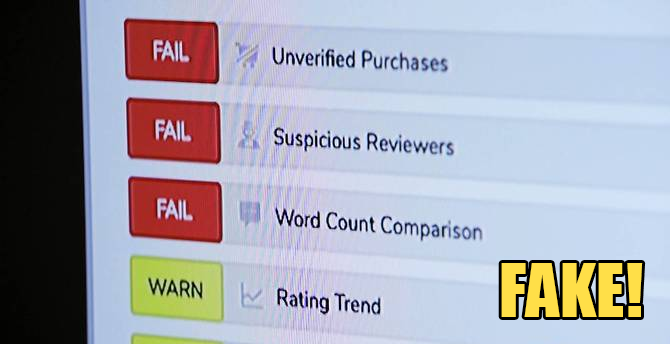Buying things online are a norm nowadays for us but not everything we buy online is good. So, how do we weed out the bad apples? Usually, we would read reviews online to determine whether the item that we want to buy is worth it or not as these are supposedly written by actual people.
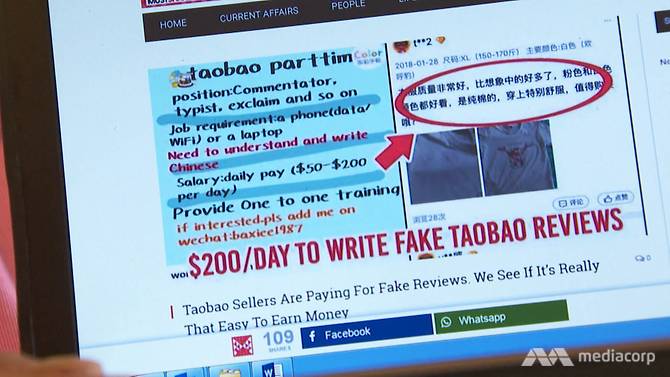
Source: cna
However, it turns out that these reviews may not actually be real, as a report from Channel NewsAsia’s Talking Point programme highlights. In fact, they said that they found a company that has hired at least 80,000 people (including from Singapore) who are paid to write positive reviews about items that they have never tried. Fake reviews lah!
In the programme, they featured one of the paid reviewers, Lynn (not her real name) where she writes good things on shopping websites like Taobao. She is paid good money for her reviews, even though she has never tried the product as the companies she writes for know very well that it is fake.
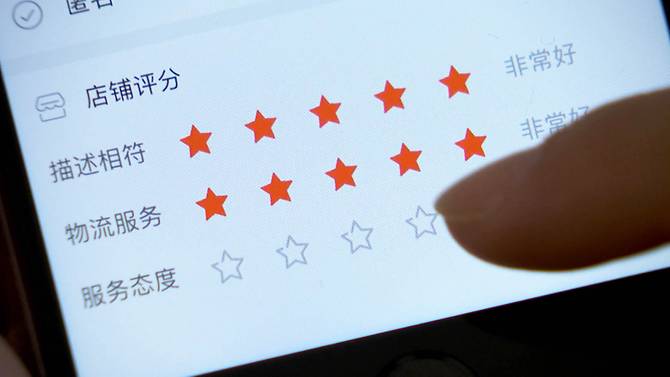
Source: cna
The company that hires her manages online reputations of businesses and this is part of their job, where they help their clients by paying fake reviewers to write positive things about the product or company. Lynn says that she is paid few hundred dollars for each good review she writes.
Although she only writes about three to four reviews every month, she says that full-time fake reviewers can earn about S$1,600 (RM4,715) a month. Lynn explains how it works, saying, “They send me the link to the product, then they’d ask me to give a good review.”
It should come as no surprise that writing fake reviews is a business now, as more and more people are using social media to read reviews to determine whether they should make purchases. However, marketers do not see this as dishonest, but instead, they prefer to think of it as a “marketing strategy.”
There’s even a name for it wey! This activity of placing fake reviews is called ‘brushing’ and companies would use it to boost the ratings of these businesses. A recruiter explained the reason behind this, saying, “When customers shop online, they’d only browse the top few sellers listed on the search. With brushing, we’re able to boost our rankings so that we’re visible when customers do a search for products.”
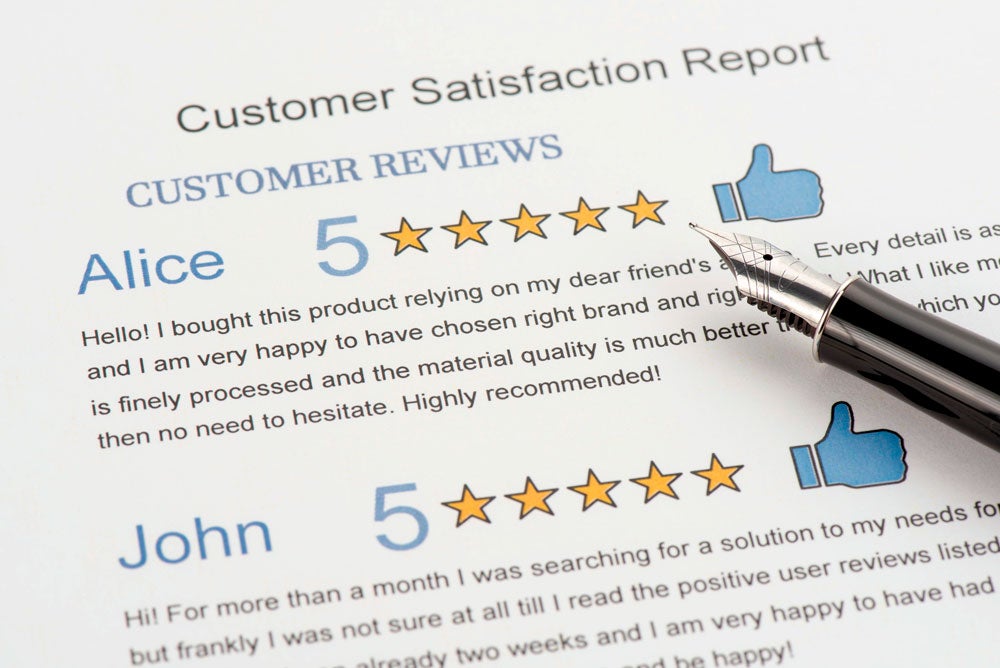
Source: asurea
Many websites actually have these fake reviews, even Amazon although they have tried to eradicate this issue. Of course, this leaves us with the question, how exactly do you weed out the real reviews from the fake ones?
Mr Simon Yap, the web development director of Oasis Web Asia, a web development company explains how to do this by using websites such as ReviewMeta. All you need to do is copy the URL of the product and paste it there for a report of the review.
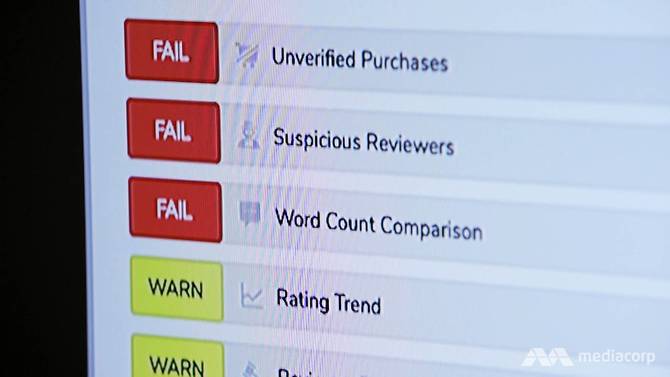
Source: cna
“There’d be some percentage of suspicious reviews that would be removed by the analyser. Suspicious reviewers are normally reviewers who’ve created accounts just to review the particular product or brand… or there are a lot of repeated words to promote the product, which (the analysis) picked out as suspicious,” he said.
Do note that these analysers are not 100% accurate and do not work on platforms such as TripAdvisor. Instead, data analytics lecturer Koh Noi Sian from Nanyang Polytechnic advises consumers to look for more balanced reviews where there are pros and cons of the items. Consumers should also go to other websites to see whether there are other reviews as well.
Now that you know all reviews are not to be trusted, be wise about it and do your own research! Be careful not to fall for fake reviews!
Also read: Exposed: How BN Created Fake News to Fight Opposition During Najib’s Time

